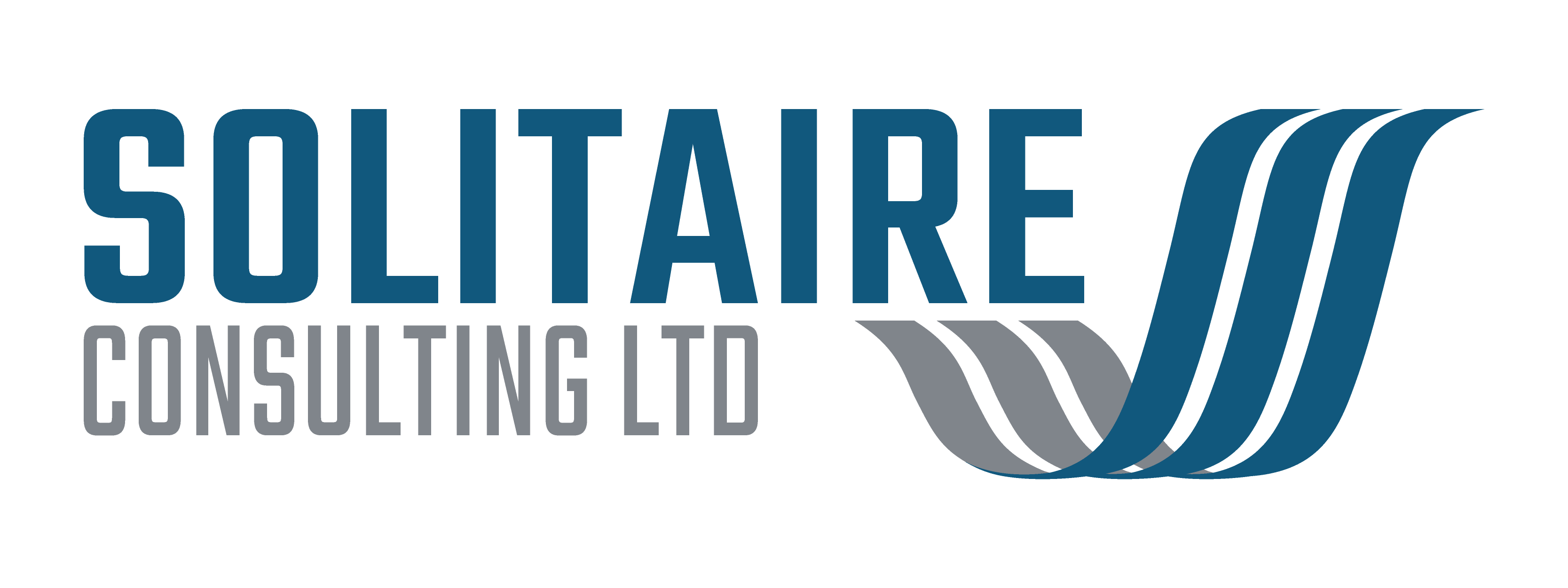My colleague Paul Every’s recent email on resources (“getting the right people on the bus”) got me thinking about the hiring processes of many organisations. In turn this links to the reasons why the process we often follow for setting strategy, is sometimes doomed to underachievement – if not complete failure, because organisations don’t hire character.
Hire character, train skills

The American magnate, philanthropist, and one-time presidential hopeful, Ross Perot had an unconventional approach to recruitment. He was known to hire talent whenever and wherever he could find it, even if a role did not at first exist. The rationale being that if they were worth their salt they would find a role that could add value.
In particular, his philosophy was “hire character, train skills”. I am not advocating bloating the payroll with good but idle people, but note that good people are hard to find, and organisations that recognise potential are one step ahead of their competitors.
Scarce resources
Traditional microeconomic theory treats resources and capabilities as being elastic in supply. This of course is not strictly true in the real world we inhabit. The differences are magnified both in geographically constrained jurisdictions (such as the Channel Islands where I live) and in areas of specialism, where resources and behaviours are not always readily available, but can take many years to acquire, develop, or cultivate.
A distinction often made is between strategic resources that are scarce (and thus confer competitive advantage to whoever has access to them), and more tactical ones that are openly available to the competition.
It is those strategic resources, that Ross Perot used to collect and guard assiduously, that enable an organisation to develop strategies based on capabilities rather than well-intentioned aspiration. Of course, those resources can be people, but also (sometimes more importantly) intellectual property and know-how, institutional memory, goodwill with suppliers and partners, accessible locations, reliable communications links… the list could be endless.
Turning strategy into reality

The formulation of strategy needs to make use of those strategic resources both in the formulation of the strategy itself (do we have anyone versed in the art of writing strategy?) and in turning the strategy into reality.
The good news is that the first can be brought in (through entities such as us at Solitaire Consulting) but again with the caveat that they are knowledgeable in the subject market, business context, and client capabilities. The second requires a degree of introspection and realism to determine what can and cannot readily be implemented.
The adage that the impossible is achievable today, but that miracles take a little longer is of course applicable here. Nothing is impossible but aspiring “to be in the top 5” of your particular sector is meaningless unless supported by the right people, by a learning culture and by fostering and mentoring talent at all levels.
Resources lead to capability, capabilities lead to strategy.
Come and talk to me, or to other like-minded individuals at Solitaire Consulting if you would like to discuss the art of the possible in further detail. We are all experienced consultants and will see your organisation differently from our external perspective. It is often difficult to see the obvious when on the inside! Add a comment below, or click Contact Us above to arrange a chat.




